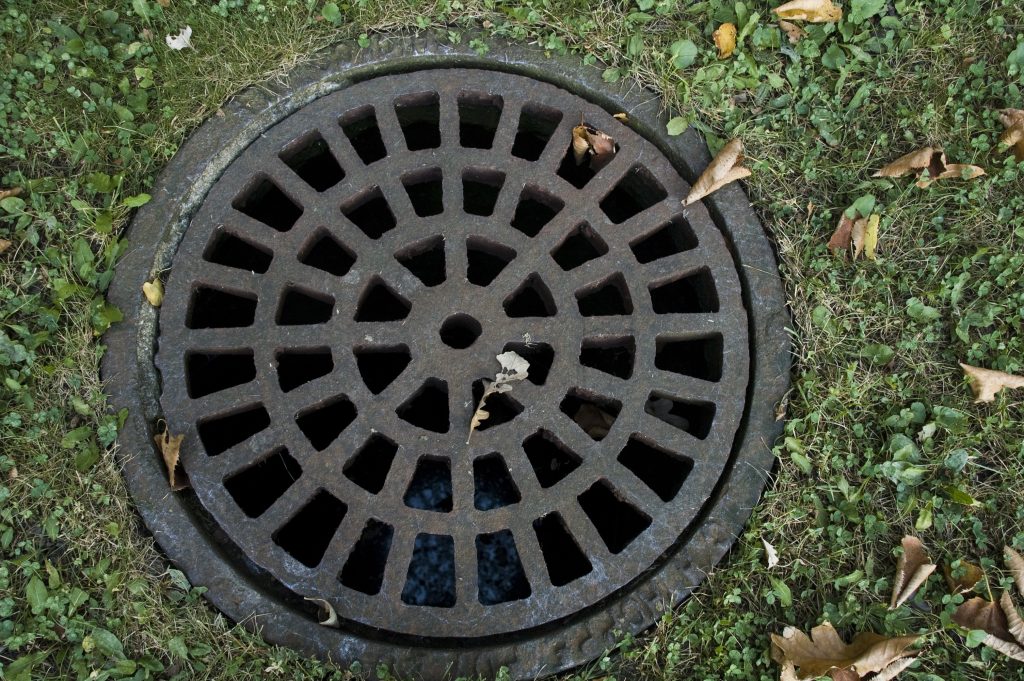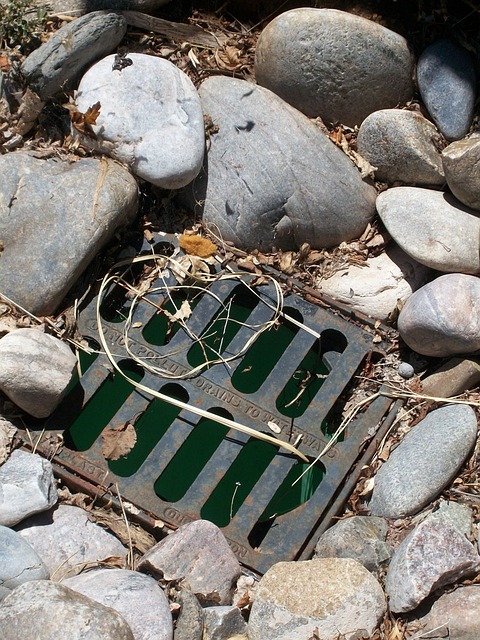Home » Is My Waste Sytem Legal
Is My Waste Sytem Legal
Is Your Waste System Legal?
The General Binding Rules (GBR) for small sewage discharges (SSDs) introduced in 2015 and enforced from 1st January 2020, set out a new legal framework. The primary aim? To regulate septic tanks and small sewage treatment plants to prevent environmental pollution, protecting our water bodies.
Before we delve into the nitty-gritty of the new law, let’s take a step back and understand the basics. What is a septic tank? It’s a type of waste system that allows for the safe disposal of sewage from buildings not connected to a public sewer. The waste is decomposed naturally by bacteria, with the overflow liquid (effluent) released into a drainage field.
Under the new regulations, the simple act of releasing effluent into local water bodies, previously a common practice, has now become a major point of contention. Prior to 2020, many septic tanks discharged directly into ditches, streams, or other types of surface water. However, this is no longer legal under the new GBR.

Simply drop us a message below and we will be in touch
Your Septic Tank
If your septic tank discharges directly to surface water, you must upgrade or replace your treatment system by installing an infiltration system (also known as a drainage field or soakaway system), or swapping your septic tank for a small sewage treatment plant. A crucial point to remember is that this rule applies irrespective of the date when your system was installed.
The EA’s concern is that septic tanks discharging into watercourses can cause pollution. It’s a valid concern as the untreated sewage contains pollutants that can harm wildlife, disrupt ecosystems, and pose health risks to humans. By ensuring proper treatment, the new regulations aim to reduce the environmental and health impact of waste disposal.

Helping You With Your Issues
So, what happens if you don’t comply? Well, you might end up facing legal consequences. Non-compliance could lead to a fine up to £100,000 or more from the EA. More importantly, when selling a property, homeowners must disclose the sewage disposal system to potential buyers. A non-compliant system could significantly reduce the property’s value or even derail the sale.
If you’re unsure about the legality of your septic tank, it’s crucial to get it checked. Contact a qualified professional or a trusted company experienced in waste systems to help you navigate the new regulations.
In conclusion, the recent changes to the septic tank laws in the UK reflect a broader move towards environmental responsibility and sustainable practices. The task of aligning our waste systems with these laws may seem daunting, but it’s a necessary step in protecting our environment. Ultimately, it’s essential for homeowners to ensure that their septic tanks not only function effectively, but also comply with the law, thus creating a win-win situation for all – the homeowners, the environment, and the law.
Remember, a legal septic tank isn’t just about avoiding fines or ensuring a smooth property sale; it’s about doing our part to ensure a cleaner, safer environment for everyone.
With an understanding of the new laws and proactive action, you can confidently answer the question, “Is my waste system legal?” Yes, it is!
What a fantastic company the photos speak for themselves Tom, Steve and the other chap sorry bud I didn't catch your name have done a fantastic job here today Very professional a friendly service I know we will be using these guys again in the future
Will Clayton Via Google
